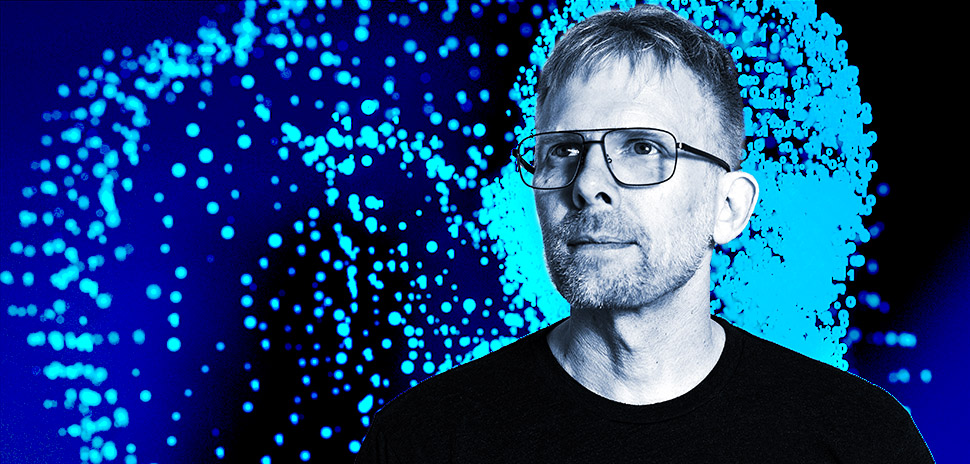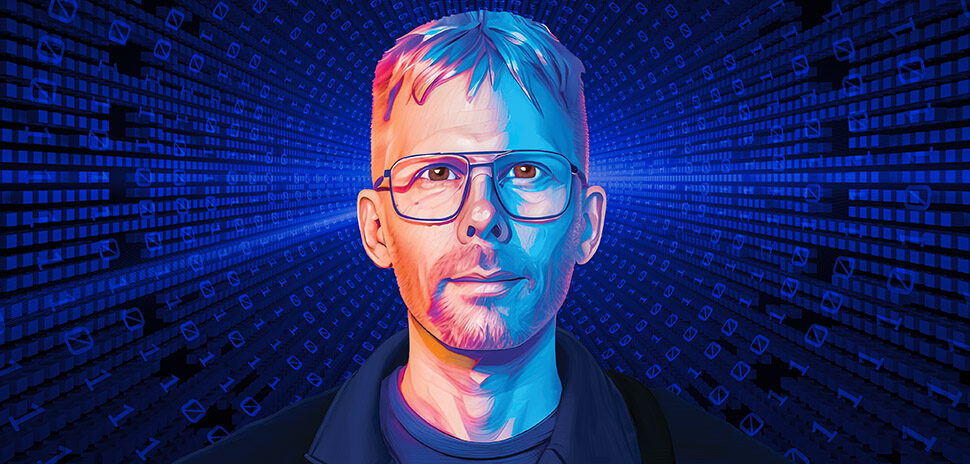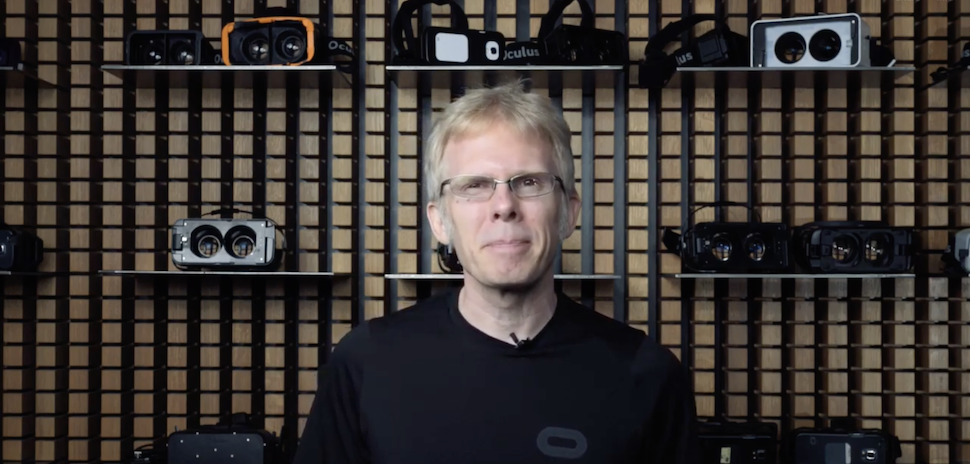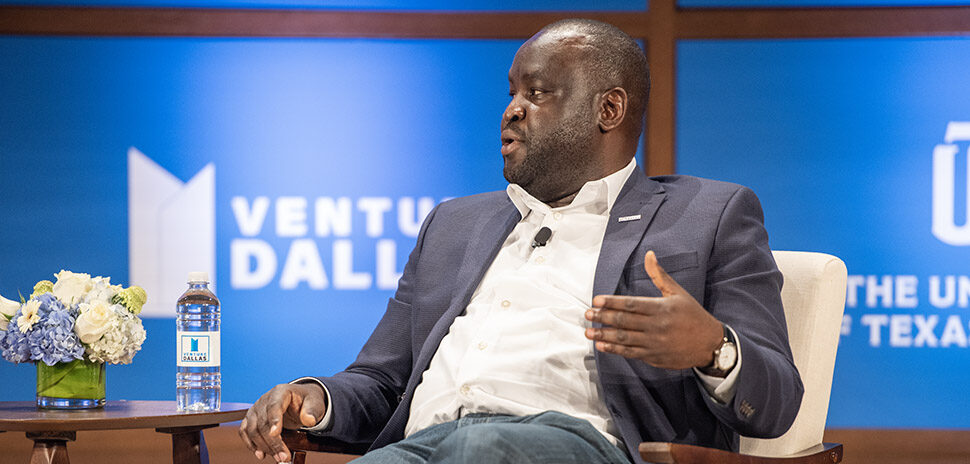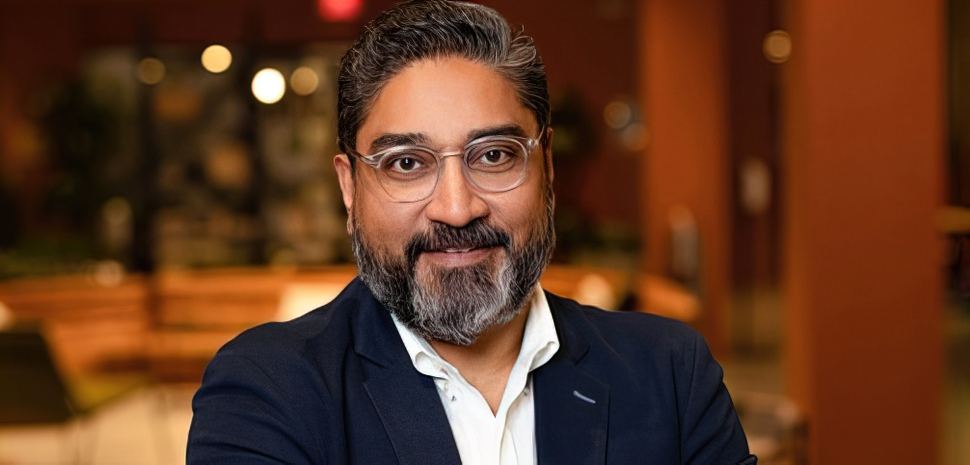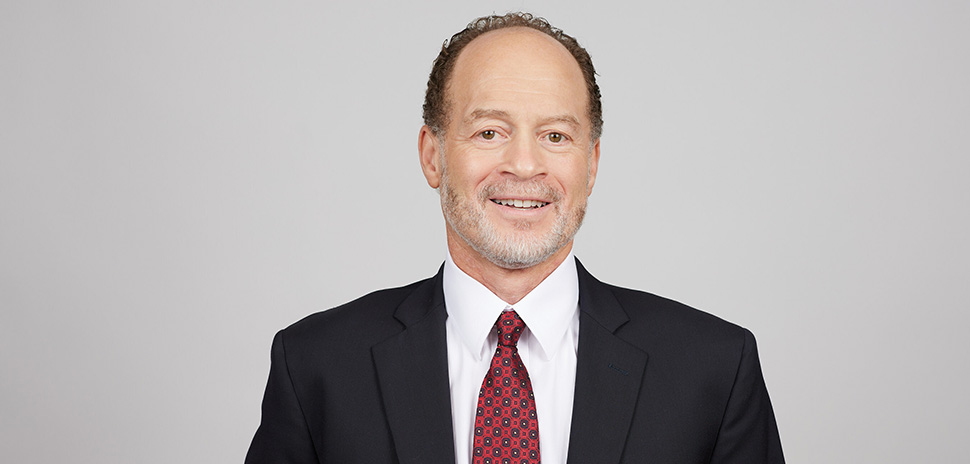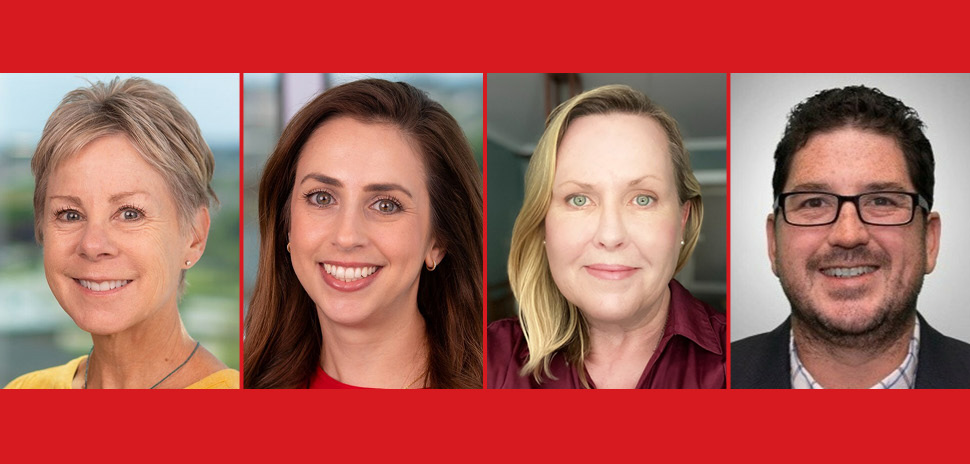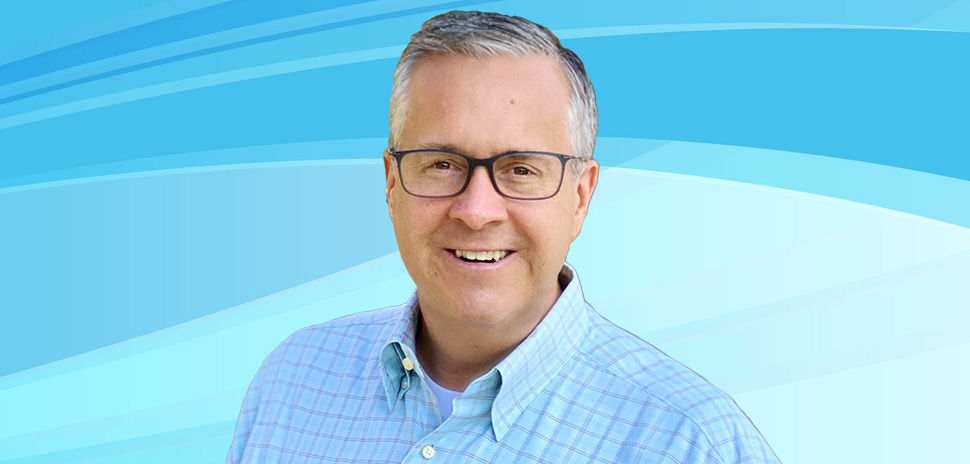Tech genius John Carmack has turned to an audacious new challenge: developing artificial general intelligence. The programming innovator believes we’re now half a dozen insights away from achieving AGI, a form of AI that goes beyond mimicking human intelligence to actually understanding things and solving problems. And, there’s a 60% chance the effort will have initial success by 2030, Carmack says. Here’s how, and why, he’s working independently in Dallas to make it happen. ![]() Just off the marble-floored entryway at John Carmack’s multimillion-dollar manse on Highland Park’s Beverly Drive, there’s an archery target with half a dozen arrows stuck in the bullseye at the far end of one room and, up at the other end, a big black Hoyt Grand Prix Carbon 720 bow.
Just off the marble-floored entryway at John Carmack’s multimillion-dollar manse on Highland Park’s Beverly Drive, there’s an archery target with half a dozen arrows stuck in the bullseye at the far end of one room and, up at the other end, a big black Hoyt Grand Prix Carbon 720 bow.
The legendary software engineer, video-game developer, and cultural icon, long known for his reclusive programming genius, has been practicing archery for a while, it turns out. Which seems appropriate, because the 52-year-old Carmack—who co-founded id Software in Mesquite, and started Mesquite-based Armadillo Aerospace, and served as CTO of California’s Oculus VR and later Meta—is taking aim now at his most ambitious target: solving the world’s biggest computer-science problem by developing artificial general intelligence.
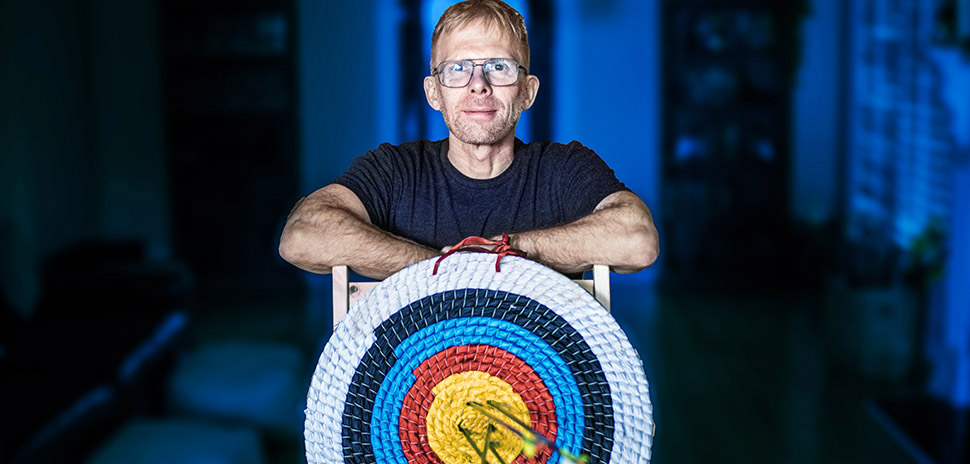
John Carmack [Photo: Michael Samples]
AGI is a form of AI whose machines can understand, learn, and perform any intellectual task that humans can do. The quest for the holy grail of AI by Dallas’ best-known tech wizard is a moonshot of epic proportions, with Carmack competing independently against what he calls the “groupthink” of scientists, academics, and big tech companies that are also in the hunt to solve AGI.
In August, Carmack announced that his AGI startup, called Keen Technologies, had raised $20 million in a financing round from multiple high-profile investors. Participants in the round included former GitHub CEO Nat Friedman, Cue co-founder Daniel Gross, Shopify founder Tobias Lutke, Stripe co-founder Patrick Collison, and VC firms Sequoia Capital and Austin-based Capital Factory.
Carmack stressed that while he could have written a check for $20 million himself, accepting the investors’ money will force him to be more disciplined and determined about the quest for AGI answers.
The house on Beverly is where Carmack is doing the Keen work, which he calls the “fourth major phase” of his career. It follows stints in computers and pioneering video games like Quake and Doom with id (founded in 1991), suborbital space rockets with Armadillo (2000-2013), and virtual reality with Oculus, which Facebook (now rebranded as Meta) acquired for $2 billion in 2014. Carmack stepped down from Oculus’s CTO role in late 2019 to become consulting CTO for the VR venture, proclaiming his intention to focus on AGI. But in December he resigned from Meta to concentrate full-time on Keen.
![John Carmack, right, with Todd Hollenshead, Kevin Cloud, and Tim Willets at the DOOM Premiere at Universal Studios Cinema in LA in 2005. [Image: Shutterstock]](https://s24806.pcdn.co/wp-content/uploads/2022/08/Carmack-inside-art-only-shutterstock_189207572-scaled.jpg)
John Carmack, far right, with then-id Software CEO Todd Hollenshead and id’s Kevin Cloud and Tim Willits at the “Doom” premiere in L.A. in 2005. [Image: Shutterstock]
Bryan Chambers, the president and co-founder of Capital Factory, said the accelerator and VC firm had been actively following Carmack since 2019, when Carmack announced his interest in AGI. “When an opportunity like this comes around with an iconic technologist, it’s shots on goal that matter—you take a shot on goal,” Chambers said, “because opportunities like this don’t happen that frequently.”
Capital Factory’s Bryan Chambers calls John Carmack “one of the biggest, foremost thinkers of our time,” and says placing moonshot bets on founders like him is an important strategy
at the accelerator and VC firm.
Making “total moonshot” investment bets on founders like Carmack—Chambers calls him “one of the biggest, foremost thinkers of our time”— is an important strategy at Capital Factory, Chambers said. That’s because such “outliers” often can create extraordinary value at any stage of their innovation process.
Moreover, “any progress building AGI will change everything,” Chambers said. “It will add to other people’s attempts, it will add to the AI community in general. And if it actually is achieved, then we would get to enjoy participating in one of the most significant value-creation companies in the history of mankind. That’s what the risk is about.”
To help with his new endeavor at Keen—so-named partly for Commander Keen, Carmack’s first video game collaboration—Carmack has hired Dallas-area engineer Gloria Kennickell and his brother Peter Carmack, who serves as CFO from Kansas City. (One or two more hires are likely to come this year.) Carmack focuses on Keen in an upstairs office, where a yellow tablet with notes sits on a desk beside a conventional desktop PC that’s used mostly for “debugging” development work. “When I set up to test a model, I run it on a larger system, or on cloud resources,” Carmack said. “As we move on to larger work, we’ll have somebody manage a modest-sized cluster set up at another remote vendor.”
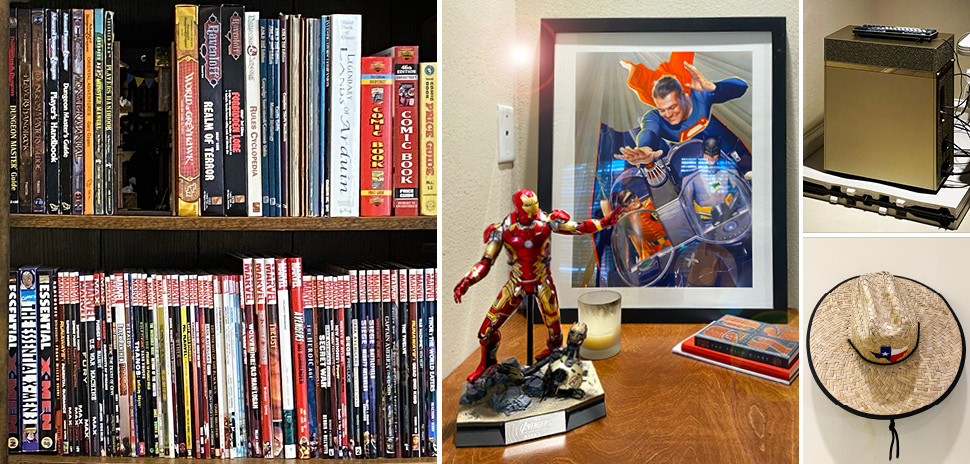
[Photos: Dallas Innovates]
Roaming elsewhere in the sprawling home, Carmack pointed to a straw cowboy hat hanging on a wall, a gift from “one of Elon’s guys” at Elon Musk’s Starbase facility in Boca Chica, in South Texas. Carmack said he’s known Musk ever since the South Africa native started SpaceX, which was about the same time Carmack’s Armadillo Aerospace got off the ground. “He and his chief propulsion engineer came down and visited my little shop in Garland, and we’ve stayed in contact over the years,” Carmack said. “I scrambled when he abandoned California to get a few people saying, ‘Hey, you should move to Dallas,’ and we made a good little push at it.”
Carmack, who grew up in Kansas City and moved to North Texas in the early ’90s, has long championed the Lone Star State, and Dallas in particular. “Once we got into Texas, I really liked it here,” he said. “I feel comfortable with a lot of the business-focused side of things.”
He added that Musk taught him a valuable lesson about the importance of being wholly dedicated to his ventures, after Carmack shuttered Armadillo when the rocket company failed to gain traction. “I was trying to parallel-track that while I was still working on software,” he said. “One of my big lessons from Elon is that he’s always been ‘all-in’ on his things. I was proud of a number of things that we accomplished at Armadillo—like the early vertical-landing stuff that SpaceX wound up eventually going through—but I wasn’t ‘all-in’ enough.”
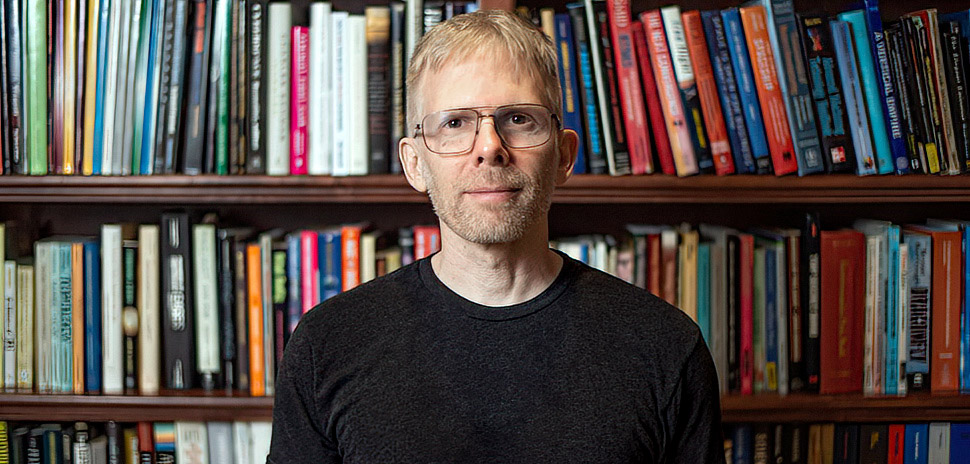
[Photo of John Carmack by Michael Samples]
That’s not the case with Keen. To stimulate his thinking, he said, he starts each day with a four-mile walk (often listening to audiobooks), devours material on his Kindle, and frequently pulls books and magazines off the floor-to-ceiling library shelves that line the walls in his home. He still has most of the books he’s read since his teenage years, he said, because “I’ve just kind of got a thing where I can’t stand to discard printed materials.” The topics of the books on the many shelves throughout the house are wide-ranging, from “Power Plant Engineers Guide” and “Java Security” to “A Thousand Brains,” “Play Winning Chess,” and “The Right Stuff” to “Calvin and Hobbes” and “The Far Side Gallery.”
“Creativity is usually associating a little bit of this with some of that, viewed through this perspective. All these books in my house are about feeding me the information that kinds of sits, often, just in the shadows and hints of the imprints in my brain,” Carmack said. “Most of the really good ideas are then coming up from saying, ‘Alright, I’m working on this problem right now, and that reminded me of these other things.’ And the chain of recollection kind of draws through all that until it comes on something like, ‘Oh, this is the bright idea, the light bulb, this might be really good.’ Then I try to chase down the consequences of that and ask, how can I rapidly test it?”
To read Dallas Innovates’ exclusive Q&A with John Carmack, go here.
A version of this story was originally published in Dallas Innovates 2023.
Read Dallas Innovates 2023 online
Take a journey into the heart of North Texas business. Our annual magazine takes you on a tour of the innovative and creative forces shaping the future.
WHAT ARE YOU INNOVATING? Let us know.
Get on the list.
Dallas Innovates, every day.
Sign up to keep your eye on what’s new and next in Dallas-Fort Worth, every day.




